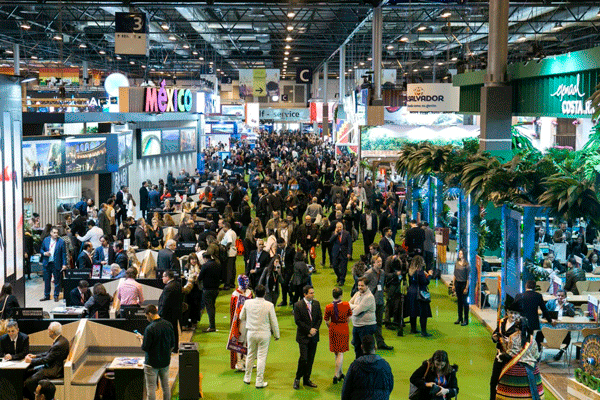G7 nations are meeting in Italy to try to hammer out a unified approach to the Syria conflict, in th
- 10 abr 2017
- 3 Min. de lectura

Foreign ministers will seek to pressure Russia to distance itself from Syrian President Bashar al-Assad.
UK Foreign Secretary Boris Johnson said possible sanctions against Russian military officials would be discussed.
Allies will also be seeking clarity from the US on its Syria policy, after some apparently mixed messages.
US Secretary of State Rex Tillerson has strongly criticised Russia for failing to prevent Syria from carrying out the chemical attack on the rebel-held town of Khan Sheikhoun last Wednesday that left 89 people dead.
But also said there had been "no change to our military posture" in Syria following a retaliatory US strike against a Syrian airbase, and that Washington's "first priority" in Syria was to defeat so-called Islamic State (IS); Ahead of the meeting in the city of Lucca, in Tuscany, on Monday, Mr Tillerson took part in an international wreath-laying ceremony to remember those killed in a Nazi massacre of villagers at Sant'Anna di Stazzema in 1944.He drew a parallel to last week's chemical attack, saying: "We rededicate ourselves to holding to account any and all who commit crimes against the innocents anywhere in the world."Separately on Monday, US Defence Secretary James Mattis said the retaliatory US air strike had damaged or destroyed 20% of Syria's operational aircraft."The Syrian government would be ill-advised ever again to use chemical weapons," he said.What are the options for pressuring Russia?Boris Johnson said the message from the meeting should be clear - that Russian President Vladimir Putin must be made to abandon his support for Mr Assad."He's toxifying the reputation of Russia by his continual association with a guy who has flagrantly poisoned his own people," Mr Johnson said.

He said the meeting would be "discussing the possibility of further sanctionscertainly on some of the Syrian military figures and indeed on some of the Russian military figures who have been involved in co-ordinating the Syrian military efforts".Decoding Russia's response to Johnson's cancelled tripRussia is already under a raft of sanctions imposed by the US and EU in response to the annexation of Crimea and the crisis in eastern Ukraine. These target Russian individuals and businesses, and key sectors of the Russian economy closely connected to the ruling elite.These would be the first sanctions against Russian figures over Syria if they were to be adopted, but it is far from clear they will be.Mr Tillerson will want to go from the G7 talks to Moscow on Tuesday to confront the Russians with a unified set of demands.However, Reuters news agency quoted one senior European diplomat as saying that the US was "navigating aimlessly in the dark" in the search for a transfer of power in Syria.The G7 groups Canada, France, Germany, Italy, Japan, the UK and the US, with the European Union also represented.Sanctions already on Russia over CrimeaWhat is US policy on Syria?That is what the other G7 ministers will be seeking to clarify.In addition to Mr Tillerson's comments, the US ambassador to the United Nations, Nikki Haley, appears to have given mixed signals.

"In no way do we see peace in that area with Assad as the head of the Syrian government," she told NBC's Meet the Press, a week after she had said that Mr Assad's removal was no longer a US priority.White House sources said any difference in nuance between her comments and administration policy was "inadvertent and unintentional".Firing 59 cruise missiles at Syria's Shayrat airbase following the suspected chemical attack was the kind of direct intervention in Syria's six-year-old civil war that Donald Trump's predecessor, Barack Obama, had avoided.
Until Friday's strike, so did Mr Trump. He opposed military action in 2013 and campaigned on a platform of fixing problems in the US, not Syria.During the election campaign he expressed wariness that US military action in Syria might lead to conflict with Russia.And while viewing the airbase strike as decisive, most commentators are not seeing a radical change in the US approach to Syria.Is Trump slipping into Syria quagmire?Trump acts decisively in Syria: Now what?Why was Shayrat airbase bombed?What are Syria and its allies saying?

Syria has denied using any chemical agents, and Russia says the US has failed to provide evidence Syria has chemical weapons.
Russia and Iran, President Assad's key military backers, are also threatening retaliation if there are any further American air strikes, saying the US attack had crossed "red lines".
"From now on we will respond with force to any aggressor or any breach of red lines from whoever it is and America knows our ability to respond well," said a statement on Sunday from a joint command centre comprising the forces of President Assad's allies.
Pablo Marin / Mariana DAngelo: International Executives Directors


























































































































.jpg)


























































































































Comentarios